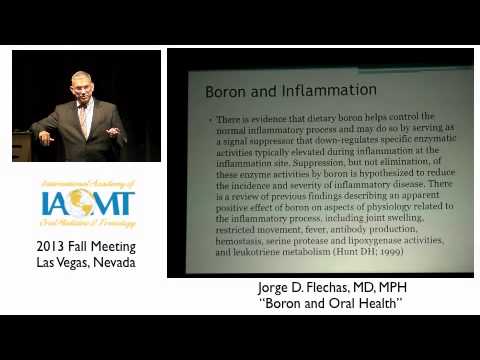Hi @Bob,
in optimizing for pemf to work well in the body are there certain electrolytes or things in general to keep in mind to ensure we are “sufficient” (being careful not to overdo it w/supplementation)?
personal anecdote:
my dad had a stroke some 25+ years ago… in the last 2-3 mo’s he’s been applying coils at night along the right side of his body where he has little mobility and sensation. Since doing so, his massage therapist he goes to about every 2 weeks had noticed recently that his flexibility has really improved in the areas where he had applied the coils.
I recently had him supplement w/magnesium threonate for about 4-6wks. then, in the last 1.5 weeks, I had him use the coils on his head - he chose temples. about 4 days ago, he began feeling pain… he described it as nerve pain at his ankle, hip…other areas of his body that come and go - very uncomfortable for him and affects his walking. this pain is a similiar sensation he had experienced when feeling and mobility was coming back to a different part of his body about 6mo’s+ ago when we were experimenting w/pemf on and off.
I’m wondering if threonate had contributed to the recent changes, but there’s no way of telling if this was a change that was happening/coming along before all this consistent pemf and threonate supplementation started.
I began asking about the role of electrolytes or any nutrients that we should consider to ensure we are not deficient in when optimizing for pemf therapy / benefits. However, w/the above anecdote, I guess this could be a topic for brain injury, so this is why I put this post in that cat.
As i understand it from what i’ve read/come across over the years, being well hydrated and balance of nutrients/electrolytes coming from my green smoothies on a regular basis, I didn’t think much of what kind of environment my body should have thru diet to optimize for benefit of pemf. As I’m looking to help others with this, I began to wonder what things/supplements might we consider to enhance pemf. I was thinking magnesium would be something important to supplement with since most are deficient thru diet and the wear/tear (stress) of the daily routine.
Do you (and anyone else who’s been experimenting and have experience) have any thoughts on this?
thanks!


